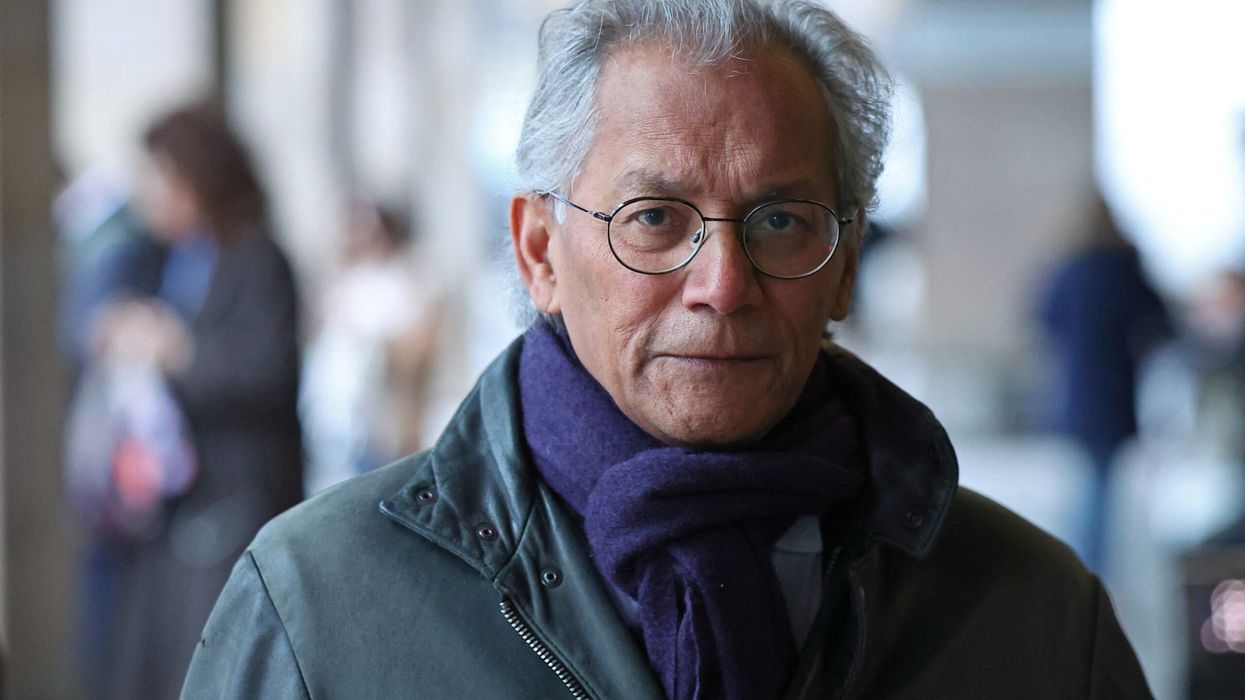India-born media executive Dr Samir Shah was on Thursday confirmed as the new BBC chairman after his selection cleared the stages of scrutiny to be approved by King Charles III this week.
Shah, who has worked in UK broadcasting for over 40 years, was picked as the government's preferred candidate in December last year and went on to be quizzed by cross-party MPs of the House of Commons Media Culture, Media and Sport Select Committee for his pre-appointment scrutiny.
The 72-year-old has now been confirmed in the £160,000 per year and four-year term role to take charge as the public broadcaster's first Indian-origin Chair from March 4 and running until March 2028.
“With a career spanning more than 40 years in TV production and journalism, Dr Shah has a wealth of experience to bring to the position of BBC Chair,” said UK Culture Secretary Lucy Frazer as she announced his selection.
“He has a clear ambition to see the BBC succeed in a rapidly changing media landscape, and I have no doubt he will provide the support and scrutiny that the BBC needs to meet the challenges and opportunities of the future,” she said.
Shah will replace Richard Sharp who was forced to resign after a communication with former prime minister Boris Johnson came under scrutiny.
It was found that Sharp, a former executive at investment bank Goldman Sachs, had acted as a go-between to facilitate an £800,000 loan for Johnson.
Shah was born in Aurangabad and came to England in 1960. He was previously the head of current affairs and political programmes at the BBC.
Before taking up the role as chairman of the BBC, he was the CEO of Juniper – an independent television and radio production company, since 1998.
He was honoured with a CBE (Commander of the Order of the British Empire) in 2019 for services to television and heritage.
As chairman, Shah will be responsible for the BBC's board upholding and protecting the independence of the broadcaster and making its decisions in the public interest.
“The BBC is, without doubt, one of the greatest contributions we have made to global culture and one of our strongest calling cards on soft power. If I can put the skills, experience, and understanding of public service broadcasting I have built up during my career to help this brilliant organisation meet the complex and diverse challenges it faces over the coming years, it would be an honour,” Shah said. (PTI)




